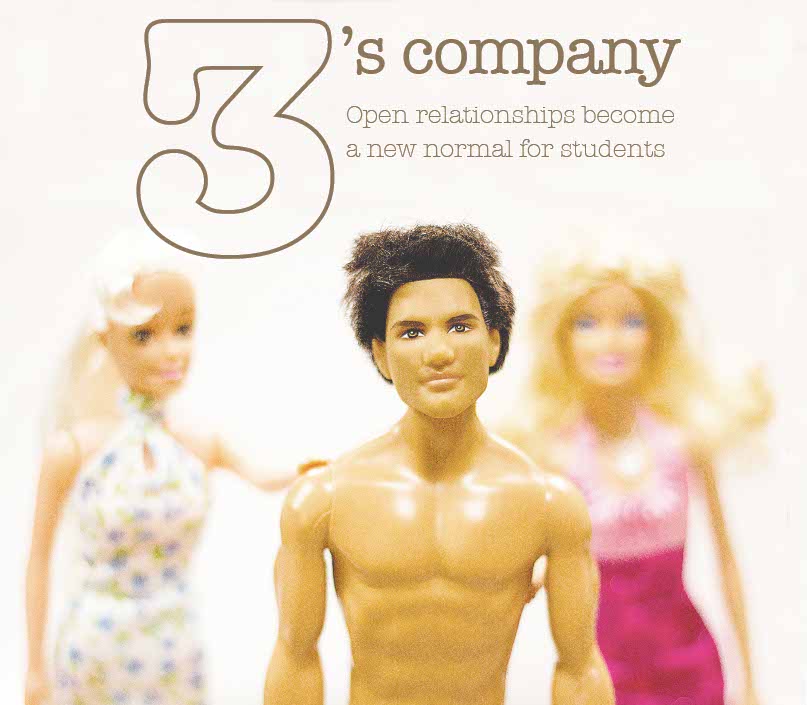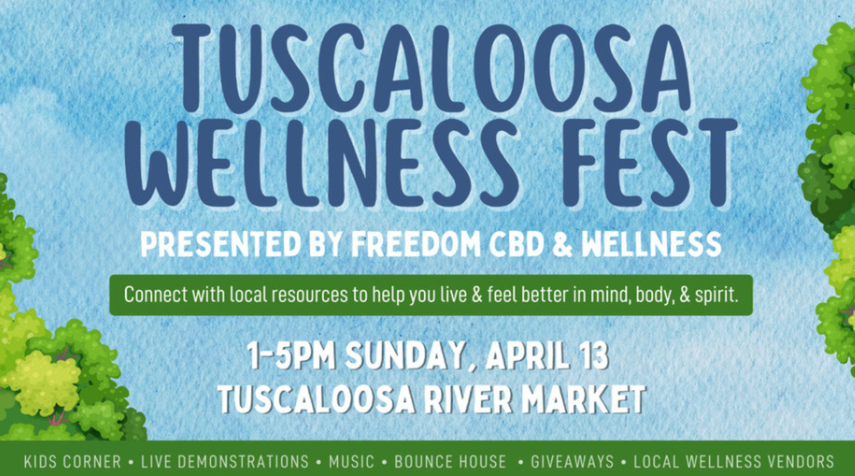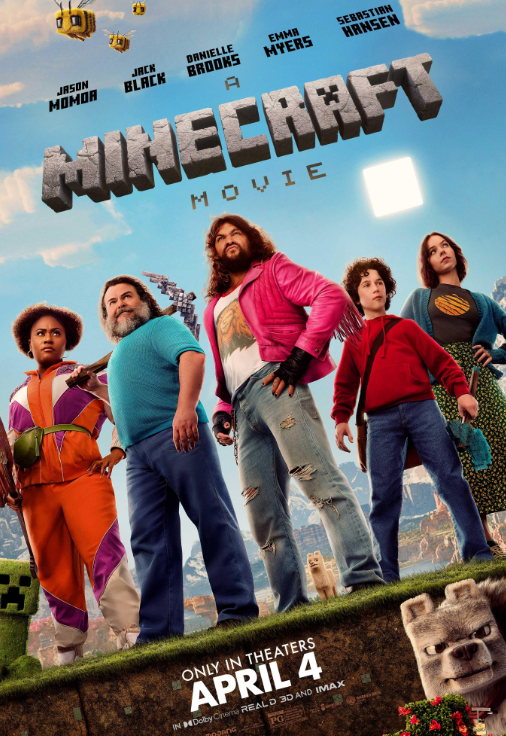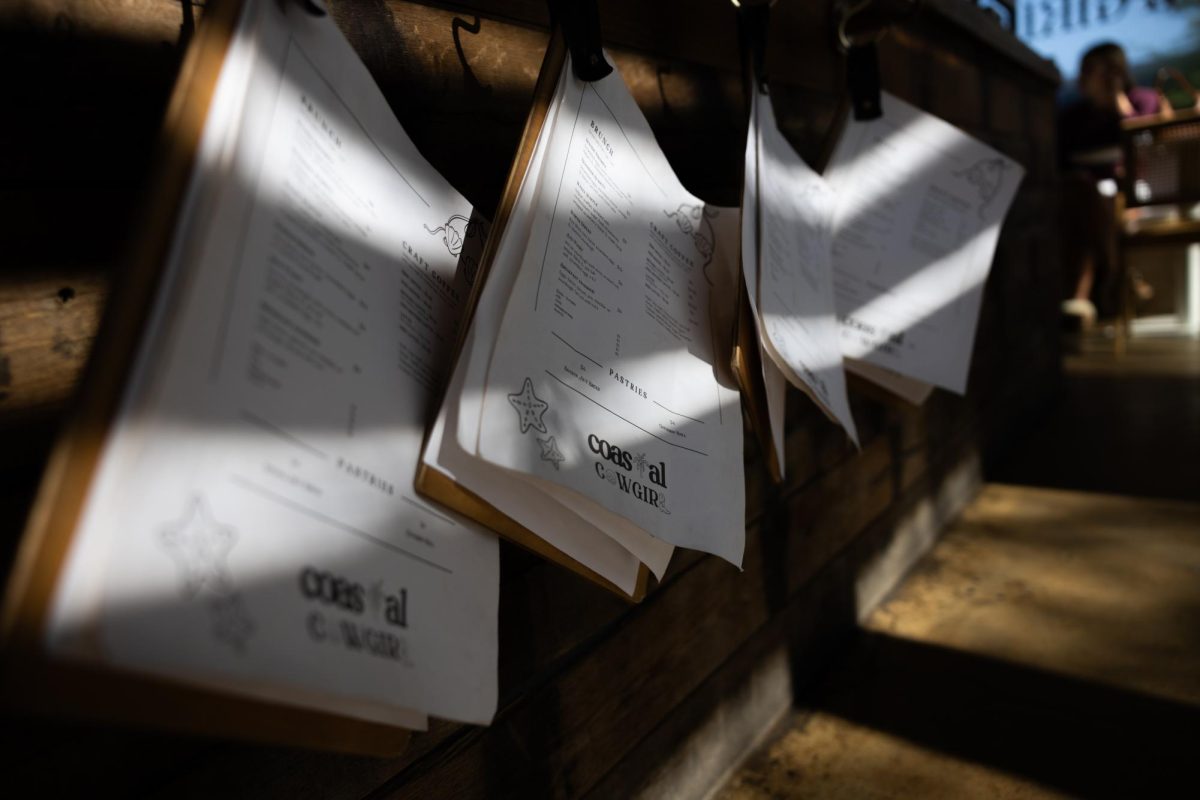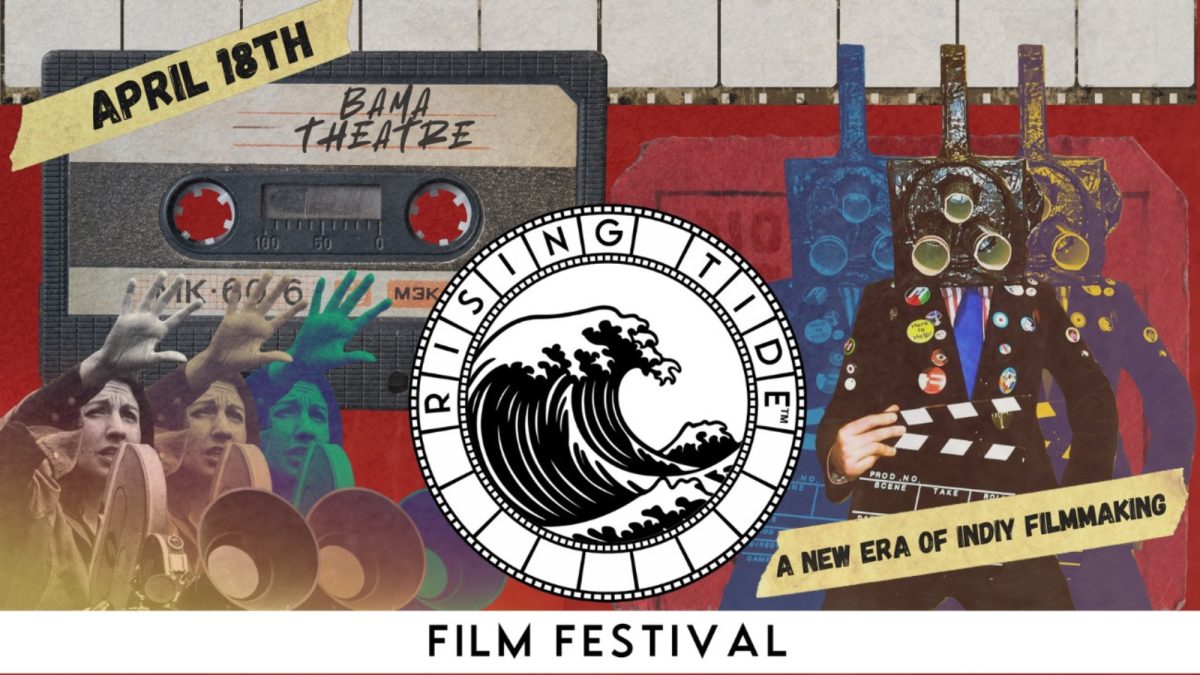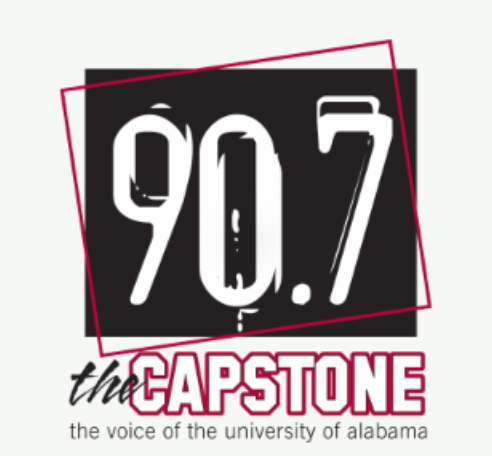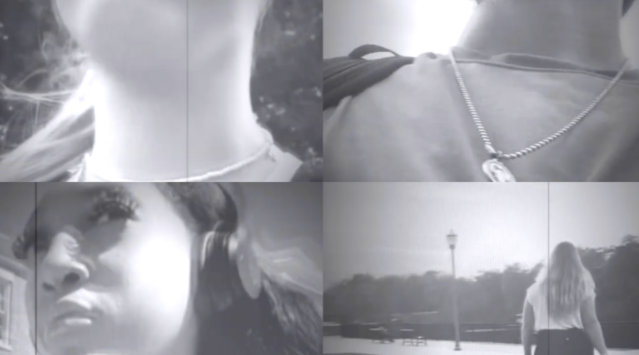By Reed O’Mara and Dylan Walker | CW Staff
At a university nestled in the South and prided on tradition, students still break away from the crowd, and relationships are no exception.
Alternative relationships range from casual hook-ups to what is now referred to as an “open relationship” and often stem from the college student’s desire to experiment.
“I think an open relationship is any relationship that is outside of the traditional, monogamous, two-person relationship,” said Danielle Hurd, vice president for the Alabama Alliance for Sexual and Reproductive Justice. “Whatever that means is dependent on couple to couple.”
Generally, an open relationship is defined as two people who are committed to each other but branch from the primary relationship to fill other needs or wants, emotional or otherwise, via another party without jeopardizing the original commitment.
Brenda Hanson, a graduate student studying women’s studies, said open relationships have always been more successful than closed relationships for her because of her conflicting attraction to others.
“I don’t have to worry about the fact that I’m attracted to other people,” Hanson said. “Always with monogamous relationships, when I was in a relationship, was the time that other people wanted to sleep with me. And in a monogamous relationship, that’s really annoying. In an open relationship, it’s not a big deal.”
In an open relationship, the traditional definition of “cheating” is redefined with communication and consent from all parties, with an aim to stalwart jealousy. Hurd said communication is the foundation that holds an open partnership together.
“I think one of the biggest benefits is that if you’re doing it in a healthy and successful way, it forces you to talk to your partner or partners. It forces you to have that communication so that everybody is happy and no one is jealous,” Hurd said.
However, Gaia Burrage, a sophomore majoring in English, has experienced firsthand some of the hurt that open relationships do not always eliminate. She said she finds them to be less about commitment and more about what she called “temporary commitment.”
“If you want to be in an open relationship, I think both parties have to be very forthcoming in how they see it. Some people might be like, ‘Oh, we’re not really in this for a long-term goal,’ but they still wouldn’t be cool with you going around with every other guy in the world. Still, even if you’re in an open relationship, feelings can be hurt. There can be jealousy and all this drama with it,” Burrage said. “What’s the point of a relationship if it’s not going somewhere?”
While marriage is part of the traditional relationship formula, partners in open relationships have not written it off completely.
“I’m not ruling [marriage] out. I don’t see it anytime soon, certainly, and I don’t know what would be in the parameters of a marriage in general,” Hanson said.
Hurd, Hanson and Burrage all said every couple must make their own decisions regarding the boundaries of their partnership. Hurd said what works for one person might not work for everyone. Furthermore, the definition created by partners is fluid and can be refined.
Ted Gress, a senior majoring in telecommunication and film, has witnessed the ever-changing route an open relationship can take. Originally, his relationship was completely open, but it has since taken a step toward being what he calls “more official,” with the boundaries shrinking to allowing only outside partners previously agreed upon by him and his girlfriend.
“We decided to take things one step further and limit our outside adventures to one other person. Basically, we can still sleep with other people, but we have to talk about it first,” Gress said.
Despite this step, Gress’s Facebook page reads “in a relationship” and not “in an open relationship.” He said he wants to avoid the stigma he feels open relationships still hold.
“Putting ‘complicated relationship’ or ‘open relationship’ would just be kind of weird. I think it just lets a whole bunch of people know our business when they don’t necessarily need to,” Gress said. “It lets people jump to a whole bunch of conclusions that aren’t necessarily true. The whole point of us even putting the relationship thing on there at all was to limit our outside exploits. If we put ‘open,’ people would be like ‘Oh, that’s still totally fair game.’”
Hurd said a stigma is associated with those who are in nontraditional relationships and that it most often comes from a misunderstanding of what they are and whether or not they’re “real.”
“I think that even though we’re moving towards people realizing that everything doesn’t work for everyone, there’s still a push at the idea that a monogamous relationship is still the so-called ‘right relationship,’ whereas I don’t personally think that there is a ‘right’ kind of relationship other than what makes you happy,” Hurd said.



